Lawley Lab
Host-microbiota interactions
The Host-Microbiota Interactions Lab explores the relationship between humans and their microbiome- the community of microorganisms that live on and in us. The team focuses on gut bacteria and viruses and their influence in long-term growth, development and disease resistance of children from Westernized and Low- and Middle-Income countries.
Humans are colonised by diverse, highly adapted microorganisms that co-evolved beneficial interactions and functions to promote human health, development and disease resistance. Microbiota acquisition starts at birth and recent evidence suggests microbiota assembly increases microbial diversity and functions that parallel immune system development and regulation in the rapidly growing infant. Disruption of maternal transmission by C-section and antibiotic exposure around birth is associated with a higher incidence of infections, AMR pathogen colonization and immune-related disorders in children.
The Host-Microbiota Interactions Lab (HMIL) is studying maternal transmission and microbiota assembly in infants and linking beneficial bacteria and functions to key immune, metabolic and cognitive milestones in a child’s development. The lab is interested in identifying beneficial microbes and functions that can be used to optimize and nurture the longer-term growth, development and disease resistance of babies from Westernized and Low- and Middle-Income countries.
The HMIL uses large-scale genomic studies, anaerobic microbiology and experimental models for biological discovery. The HMIL generates large-scale publically available genomic resources and bacterial culture collections and innovates metagenomic technologies and microbiological methods to drive biological discovery to enable the translation of the human microbiome.
Areas of research
The team investigates host-microbiota interactions in early-life linked to:
- microbiome assembly
- pathogen colonisation resistance
- symbiosis and bacterial interactions
- immune, metabolic and cognitive development
- virome and resistome
The HMIL aims to identify beneficial microbes and functions that can be used to optimize and nurture the longer-term growth, development and disease resistance of babies from Westernized and Low- and Middle-Income countries.
Core team

Dr Lucia Camino Diez-Gutierrez
Postdoctoral Fellow

Dr Ashray Gunjur
Postdoctoral clinical research fellow
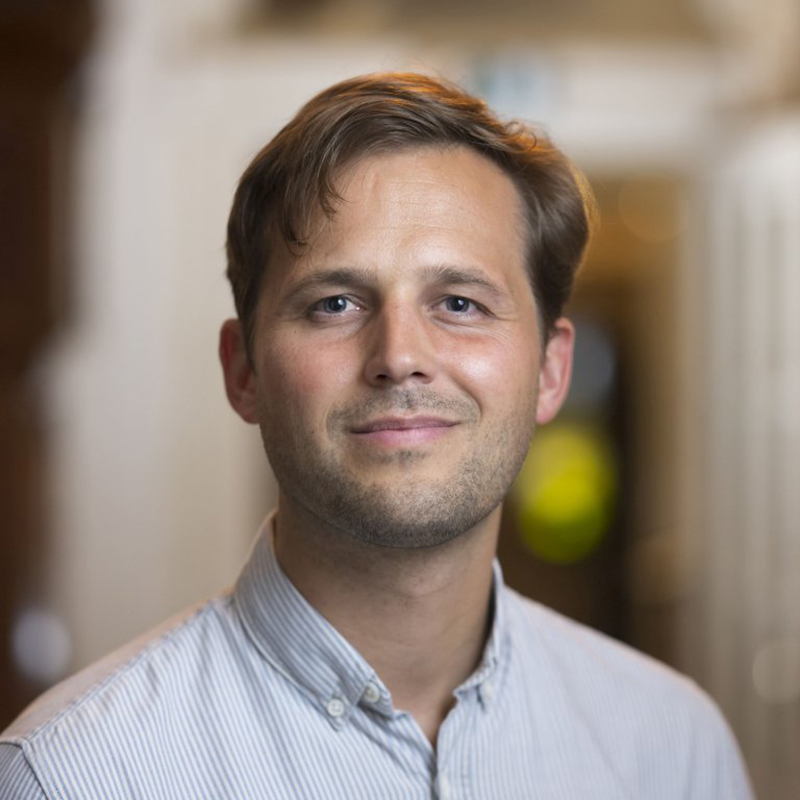
Dr Bastiaan Haak
Niels Stensen Postdoctoral Fellow

Dr Andre Mu
Research Fellow (ESPOD)

Dr Yan Shao
Senior Staff Scientist

Mr Mark Stares
Technical Specialist
Previous core team members
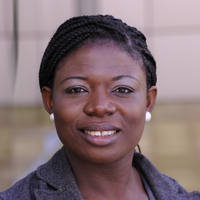
Blessing Anonye
PhD Student

Dr Julia Maryam Arasteh
Postdoctoral Fellow

Luis Fernando Camarillo Guerrero
PhD Student

Mr Nicholas Dawson
Advanced Research Assistant
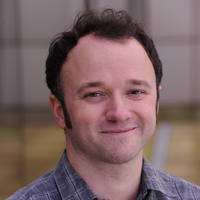
Matthew Dunn
Senior Research Assistant
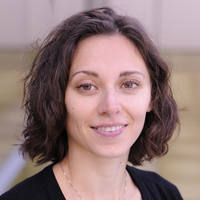
Giulia Falivelli
Postdoctoral Fellow
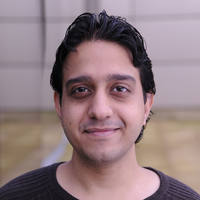
Dr Nitin Kumar
Senior Bioinformatician

Dr Junyan Liu
Postdoctoral Fellow
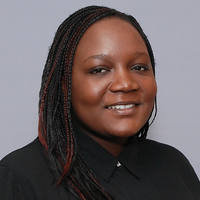
Tapoka T. Mkandawire
PhD Student

Dr Timothy Rozday
Senior Bioinformatician

Dr Almudena V. Merchan
Margarita Salas Postdoctoral Fellow
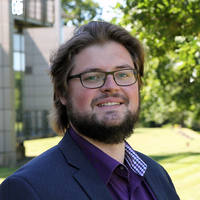
Dr Kevin Vervier
Senior Staff Scientist

Dr Elisa Viciani
Postdoctoral Fellow

Shuyi Wang
Postgraduate Student
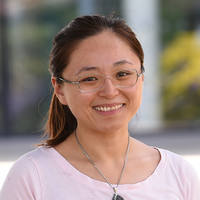
Ana Zhu
Postdoctoral Fellow
Associated research
Related groups
Partners
The Group has several productive internal and external collaborations including those with
External
Baby Biome Study
Baby Biome Study is a large-scale UK birth cohort study and biobank that aims to to understand how interactions between microorganisms, the immune system, and clinical, social, and behavioural factors during pregnancy and early life influence later health and disease
External
CHAIN network
The CHAIN network aims to identify the biological mechanisms and the socio-economic factors that determine a child’s risk of mortality in the six months following presentation to medical care with an acute illness in resource-limited settings.
External
Wellcome Trust
External
Gates Foundation
External
Sam Kariuki
Acting Director General Kenya Medical Research Institute (KEMRI) and Honorary Faculty at the Wellcome Sanger Institute
